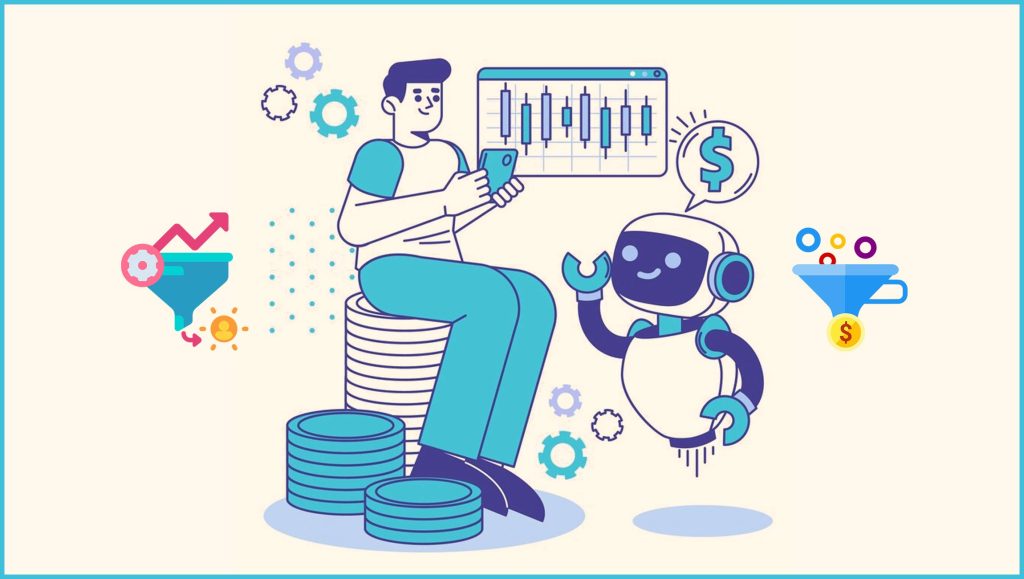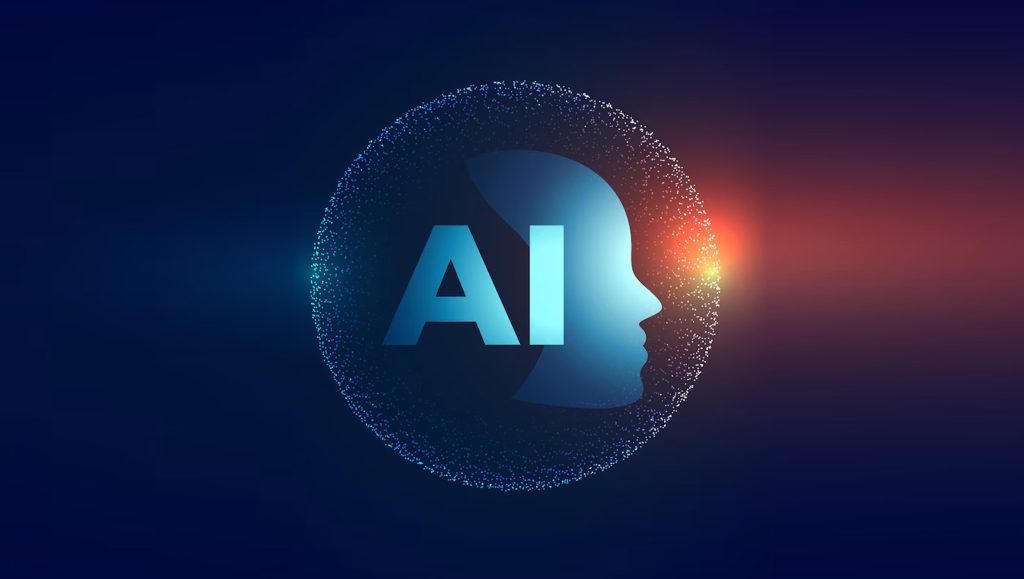AI plays a transformative role in sales intelligence by processing tremendous amounts of data at speed, thereby uncovering customer insights that are of huge value. It empowers sales teams to go beyond traditional methods by using algorithms to predict customer behavior and recommend strategies while automating workflows. Machine learning also makes these platforms more accurate over time, which, in turn, helps the sales teams identify high-potential leads, understand customer pain points, and tailor strategies that increase conversion rates. This blog explores how sales intelligence powered by AI increases conversion rates while also increasing the engagement of customers and helps sales teams excel.
How Does AI-Powered Sales Intelligence Drive Conversions?
AI-driven sales intelligence makes it possible for teams to make fact-based decisions that are sure to result in increased conversions and better customer satisfaction. Here’s how platforms like these drive impactful results:
-
Improved Lead Scoring and Prioritization:
AI tools assess lead quality through demographic, behavioral, and historical data analysis and rank leads to show the likelihood of conversion. Lead scoring definitely prioritizes large potential leads, getting the best of times and resources for bigger rewards.
-
Real-Time Sales Insights:
AI-driven platforms offer instantaneous insights into dynamic market trends, evolving customer preferences, and competitive landscapes. This empowers sales teams to proactively adapt strategies, seize emerging opportunities, and sustain a competitive edge.
-
Predictive analytics on customer behavior:
Algorithms developed by AI predict what customers will do next, and the sales team approaches a lead at the right moment. Knowing the exact right time when the prospect would be receptive raises the odds of successful engagement by the salesperson.
-
Automated lead nurturing:
AI enables the proper presentation of content at each stage of the sales funnel, thereby automating the lead nurturing process. Automated email sequences, follow-ups, and reminders at the right time keep leads engaged and moving slowly toward conversion.
Benefits of AI-Driven Sales Intelligence for High-Value Conversions
AI-driven sales intelligence is crucial for companies that want to drive more conversion rates and optimize their revenue. Some of the significant benefits include:
-
Improved accuracy of targeting:
such AI-based platforms analyze huge volumes of data and refine criteria for targeting so that they can easily identify leads around a company’s ideal customer profile. This, as a result, increases opportunities to convert high-value leads into successful conversions.
-
Efficient Sales Processes:
The platform saves time in data gathering, lead scoring, and follow-up activities as AI enables automation. Sales teams thus have more time to execute high-impact activities; this results in a shortened sales cycle and optimal usage of resources.
-
Deeper Customer Understanding:
AI tools give the most comprehensive insights into customer behavior, preferences, and pain points. These insights allow sales teams to connect with leads meaningfully, build trust, and increase the possibility of conversion.
-
Consistent Performance Tracking and Improvement:
AI-based platforms track sales performance in real time, highlighting areas for improvement and offering recommendations for better outcomes. Continuous performance tracking ensures that sales teams are always optimizing their approaches to achieve conversions.
Known Tools Making Waves with AI-Powered Sales Intelligence
AI-powered tools are essential for sales intelligence, offering capabilities that enhance team performance and conversion rates.
-
Salesforce Einstein:
This applies AI in the prediction of sales results, auto-filling entry data, and identifying high-probability leads. Salesforce Einstein provides predictive insights through which the sales teams can base their decisions, thus creating better engagement and conversion in leads.
-
Gong.io:
This application delivers AI-powered conversation analytics whereby the sales teams would learn how customers react, determine their engagement trends, improve their pitches, and even provide the sales representatives with actionable feedback in real time for better strategies.
-
InsideSales.com:
Using AI enables a company to prioritize leads while indicating the next best course of action. Using engagement patterns with customers and selling activities streamlines workflows such that higher conversions can be produced within sales teams with much more efficiency.
-
Clearbit:
It uses AI to deliver enriched customer data, providing sales teams with detailed insights about prospects. With access to real-time customer information, sales teams can craft relevant pitches that align with lead preferences, boosting conversion chances.
Challenges in Implementing AI-Powered Sales Intelligence
While AI offers immense potential, integrating it into sales processes poses challenges. Here are some key obstacles:
-
Data Privacy and Security Concerns:
AI’s reliance on data for actionable insights necessitates rigorous adherence to data privacy regulations. Sales teams must prioritize data security to foster trust and mitigate legal risks.
-
Integration Complexity:
Integrating AI-powered platforms with existing systems can be complex and resource-demanding. Businesses may need to modernize infrastructure or invest in bespoke solutions to ensure seamless integration.
-
Initial Investment and Training Costs:
AI adoption often involves significant upfront costs, including software acquisition and team training. Ensuring that sales teams understand AI functionalities is crucial to maximize the platform’s effectiveness.
Conclusion
The future of sales intelligence lies in advanced AI capabilities that improve personalization, enhance targeting, and streamline the sales process. AI-powered platforms will continue to empower sales teams to convert high-value leads efficiently, driving long-term growth and customer satisfaction. By embracing AI sales intelligence, businesses can stay ahead of the competition and foster meaningful, data-driven customer connections.
Read More: How Sales Technology Redefines Business Models And Boosts Revenue?





















